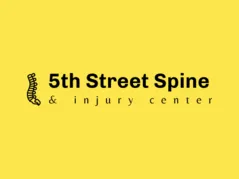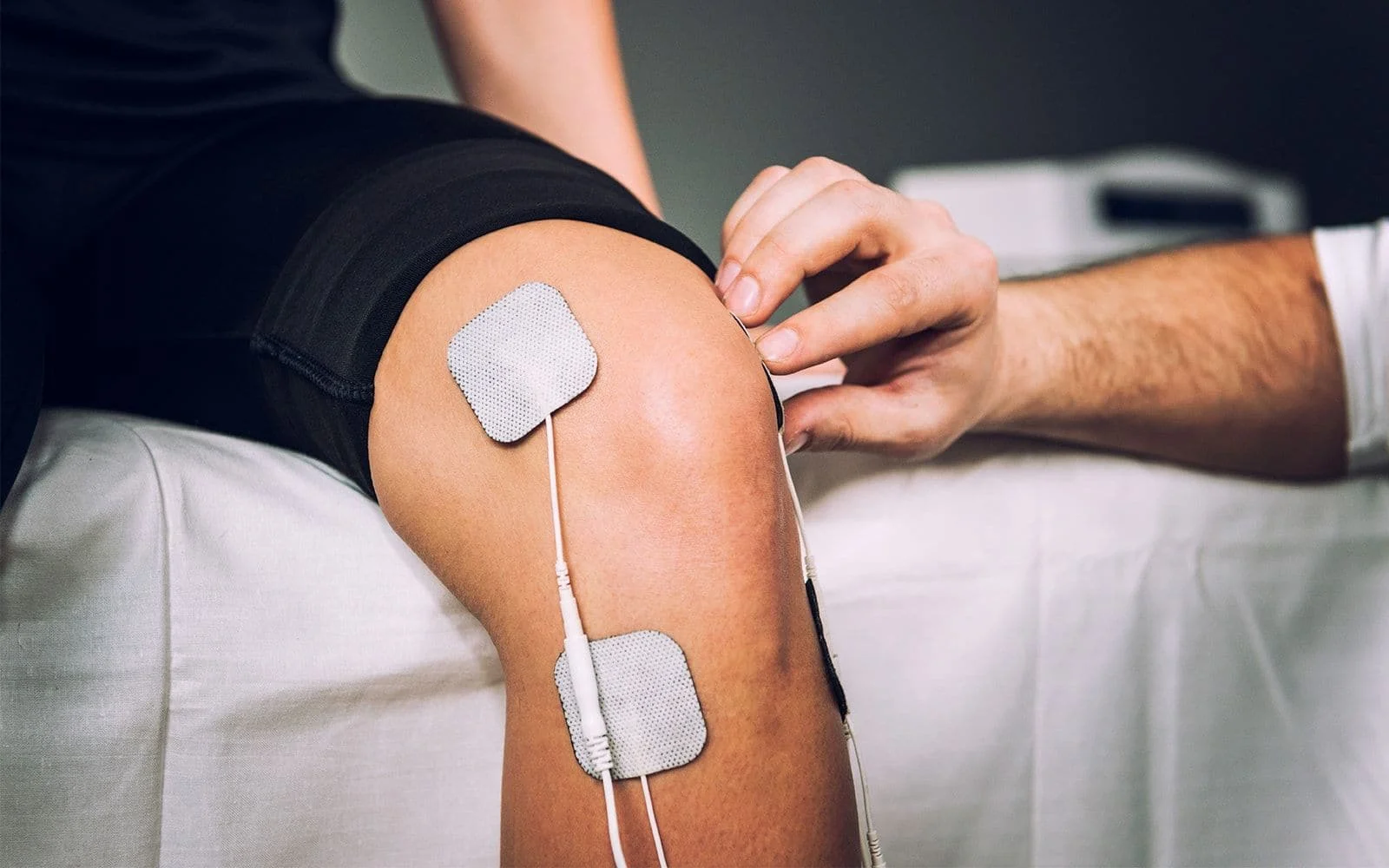While some fitness enthusiasts relentlessly seek out the latest, trendiest exercise crazes, many others are returning to good, old-fashioned walking to help them feel great and get into shape. Whether enjoying the wonder of nature, or simply the company of a friend, walking can be a healthy, invigorating experience. And thanks to its convenience and simplicity, walking just might be right for you too, according to the American Chiropractic Association (ACA).
Benefits
You don't need to become a member of an expensive gym to go walking. And except for a good pair of walking shoes, it requires virtually no equipment.
"A sedentary lifestyle has debilitating influence on people's health as they age" says Dr. Jerome McAndrews, national spokesperson for the ACA. "Exercise is imperative." Walking accomplishes all of the following and more:
- Improves cardiovascular endurance
- Tones muscles of the lower body
- Burns calories: about 80 if walking 2 miles per hour, and about 107 if walking 4 1/2 miles per hour
- Reduces risk of heart disease
Shoes
The first item of business when beginning your walking program is to select the right pair of shoes. Dr. McAndrews recommends the following tips:
Make sure the shoes you purchase fit properly. The balls of your feet should rest exactly at the point where the toe end of the shoe bends during walking. Avoid high-top shoes, that, often cover the entire ankle, limiting your foot's ability to move freely and naturally. Opt instead for shoes that offer your ankle a fuller range of motion.
Select shoes with plenty of cushioning in the soles to absorb the impact of your walking.
Getting Started
Walking just 12 minutes every other day can offer important health benefits. Walking 20 minutes every other day is even better. But in order to increase your longevity, try to eventually work up to 30 minutes, five days per week. The following tips should help you get started safely and smoothly:
- Move your arms freely, in coordination with the opposite leg.
- Don't stoop your head or look down as you walk. This will challenge the normal forward curve of your neck, which, in turn, will cause you to carry your weight improperly.
- Don't carry weights or dumbbells while walking.
- They're better used as a separate part of your exercise regimen. If you do carry weights while walking, be sure that they are light enough that they do not interfere with the "rhythm" of your arms and legs; in order to counterbalance the body, when your right arm moves forward, the left leg should be moving forward, etc.
- Expect a little soreness in the thighs and calves for the first week or two. If you experience more than soreness, check with your doctor of chiropractic.
- Walk briskly, with "purpose." Simply "sauntering," while relaxing and enjoyable, is not an effective form of cardiovascular exercise.
Keep in mind that, if you have not previously been physically active, you should consult your doctor before. Begin slowly with a walk of perhaps half of a mile at a pace that does not cause discomfort. Continue this for about two weeks, then start to increase the pace and length of time walking. Eventually - depending on your age - you can build your "target" heart rate/pulse to either 120 beats per minute or, if younger, as many as 140 beats per minute. For the average adult, a heart rate of 120 beats per minute would require walking at about 2 miles per hour, while a heart rate of 140 beats per minute would require a pace of 4 1/2 miles per hour.
Hydration
Drink 10 eight-ounce glasses of water a day to help keep the kidneys active, dilute and remove toxins from the body, and replace lost fluids. (Coffee, tea, soft drinks and alcohol are diuretics/dehydrators. Don't substitute them for water.) If you perspire during walking, you may need to drink even more.
Surfaces
Some walking surfaces are better than others on your musculoskeletal system.
Walking on a cushioned or rubberized track is ideal, because the cushioning of this type of track absorbs most of the impact of your walking. Many recreation centers offer this type of track free of charge.
Grass is another good surface, but watch out for hidden dips or holes in the ground. Walking on a surface with no give, such as concrete or a mall floor, is not your best choice, because this type of surface will not absorb much of the impact your body will experience. If you do choose to walk on such a surface, be extra careful to select highly cushioned shoes.
Pain and Injury
Dr. McAndrews explains that while you may experience pain or injury in a particular area, such as a knee or a hip, the root of the problem may lie somewhere else. "Injuries of this nature are not regional, or isolated, but systemic," says Dr. McAndrews. "A problem in the foot or ankle can create an imbalance in every step, leading to discomfort or injury that moves to the knees, hips, low back, or elsewhere." If you suffer from pain beyond typical muscle soreness, your doctor of chiropractic can diagnose and treat your pain or injury and get you back into the swing of your walking routine.

